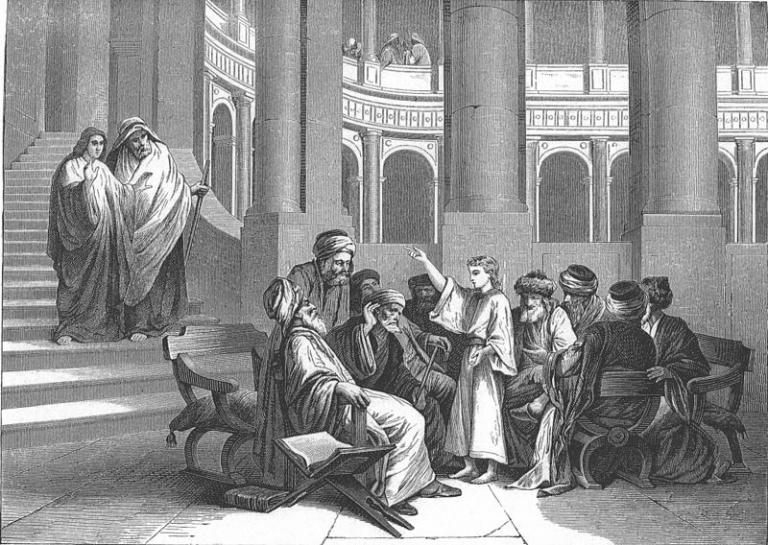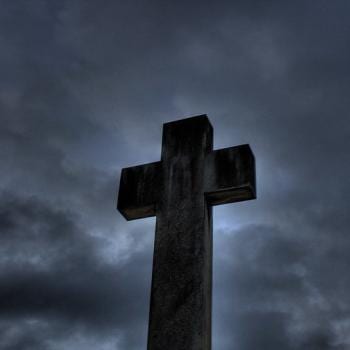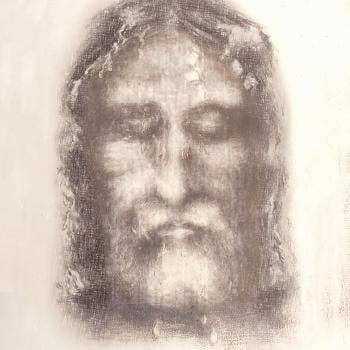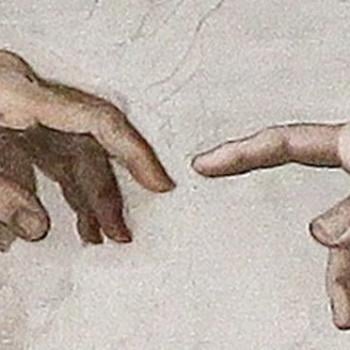
Didn’t you know that we have been looking for you these past three days sorrowing?
Forgetting trauma, or at least moving if off center stage, is the only way forward in life. The first requirement of taking hold of what lies ahead is letting go of what you have now. Babies let go of their infancy, mothers let go of their babies to embrace the children they become. We change jobs, bury loved ones and surrender our youth to the passing years. Each new phase is a small death and a simultaneous rebirth into a different passage of our lives.
Herod died and a new king came to power with no memory of the Wise Men’s proclamation of a newborn king. The angel called Mary and Joseph back home and the little family settled in the hamlet of Nazareth.
Life, as life does, flowed on. Peaceful day passed into peaceful day. The baby Jesus became a little boy and then, before they were ready, He reached the age of 12, which was, according to the Law, the age of majority. At twelve, Jesus became a responsible person under the Law. His sins would now rest on His own soul rather than His parents’. He was a very young man, but a man in the eyes of the law, just the same.
The family, along with their kindred — cousins, aunts, uncles — traveled to Jerusalem for the Passover. It was Jesus’ coming of age year.
I would guess that the Passover celebration was a joyous one for the little family, full as it was of kin, faith and sacred ritual. Passover in Jerusalem must have been an especially powerful experience.
It speaks to the full acceptance of extended family as family indeed that Mary and Joseph didn’t worry at first when they lost sight of Jesus. They packed up and headed home with the rest of the group, secure in the knowledge that if Jesus wasn’t with them, He was safely tucked into the tribe of relatives that formed their group.
Family then, as family now in much of the Middle East includes cousins, aunts and uncles. People call cousins “brothers” now as they did then, without irony or the distinctions that we have come to make in our tiny nuclear families of the West.
Jesus was a good boy, a responsible and obedient son. There was no need to worry.
A full day of travel went by before they realized that their 12-year-old was not with the group. I imagine the icy fear set in as soon as they knew this. Mary and Joseph turned immediately and retraced their steps back to Jerusalem where they began to search for Jesus.
The terror must have grown with each passing hour that they searched. For three long days, they went through the city, asking this person and that if they had seen Him. They didn’t live in a world like ours where we are fed a daily diet of horror on the nightly news. They didn’t hear of child abductions, rapes, tortures and murders as part of their evening’s entertainment on true crime shows.
But they were not strangers to the realities of kidnappings and selling people, especially, I would imagine, children, into slavery, work in brothels and other horrible things. They lived in a world where Roman soldiers routinely impressed people into labor without the necessity of legal niceties and there was no one to complain to, much less any way of seeking redress.
Their world was a place where people died young and often without any sense to their passing; killed by animals, snake bites, scorpions, mysterious illness, injury and overwork. They knew the vagaries of fate in a close and personal way that our modern life hides from us most of the time.
Their child, Mary’s son, her baby, was missing in this big city with its influx of strangers from the surrounding nations for the holy days. He was, according to the Law, a man, but He was also a very young and new man, a boy man Who didn’t yet have His full height and strength, Who still spoke in the high tones of a little boy and whose cheeks were soft and clean of beard.
His manhood was more a legal conceit than a reality, and Mary knew it. She might not have known this fully, not yet, but no matter how tall He would grow or how strong and fully grown He would become, He would always and forever be her baby.
Jesus would, over time, become more and more the Son of God. But He would never stop being the Son of Mary; her child, her baby that she carried in her body and gave birth to, her little one that she had held and cuddled. He held her heart in His hands and He always would. Not even death could change that.
She expressed the grief and fear of those three days that they looked for Him, when at last they found Him. He was in the Temple, debating with the priests, and the priests were astonished by the depth and breadth of the wisdom that this young boy man displayed.
He had reached the age of 12, His legal majority. He was, obviously, beginning the mission for which He had been born.
Mary knew where this was all heading when she said yes to the Angel Gabriel. She sang of it in prophetic terms when she fled from Joseph’s initial refusal to believe her to her cousin Elizabeth. The shepherds confirmed it when they told her of the angel’s song, as did the Wise Men when they came.
Mary knew.
But life, normal life, lived in peace, heals. The wounds of Simeon’s prophecy and the terror-filled flight into Egypt were memories. They faded in the calm everyday of life in Nazareth, which was a gift to her, a time apart from the burden of prophecy, free of the weight of saving the world from sin. It was her time as the mother of a beautiful little boy and wife of the village carpenter. It was a good time, and like all good times, it imbued life with the deceptive feeling that it was a fixed reality that would never end.
But time was passing and now she looked at this strange young man in her beloved son’s body who sat so poised and in charge among the powerful priests, and fear unlike anything she had known before touched her heart.
Why did you do this to us, she asked Him. Didn’t you know that we were looking for you these past three days sorrowing?
Jesus, this strange new Jesus, replied in a manner she had never heard from Him before. Why were you unable to find me? He asked. You should have known I would be about my Father’s business.
I imagine Mary was at a loss for words. This answer must have felt like a slap. Jesus dismissed Joseph, making it clear that His father was not the carpenter, but God Himself, and He dismissed her, at the same time.
Why did you look?
Didn’t you know?
My Father’s business … My … Father.
Scripture doesn’t tell us if she answered Him. She may not have.
What they do say tells us that Jesus stopped His move toward fulfilling His call to public ministry right there, in the face of her dismay.
He was her son.
She was His mother.
Whatever call He had answered, whatever imperative He was following when He left the family and stayed behind in the Temple, He set it aside at that moment. He went home with Mary and Joseph and put Himself under obedience to them. He gave Mary all the years that followed until the Wedding at Cana when she herself set Him on the road to Calvary.
He gave her the one thing, the only thing, that matters in this life: Love, lived in real time.
She is His Mother.
He is her son.
She would ultimately give Him to us, her ultimate gift to all humankind, the gift of our redemption from the Fall, the gift of eternal life. He would ultimately give her to us, His gift of His mother so that we would never be orphans in this life or the next.
But on that day in the Temple, when she said to Him, we searched for you sorrowing, she was His mother and He was her son. On that day, He honored His mother before all things.
To learn how to pray the Rosary of the Seven Sorrows of Mary, go here.













